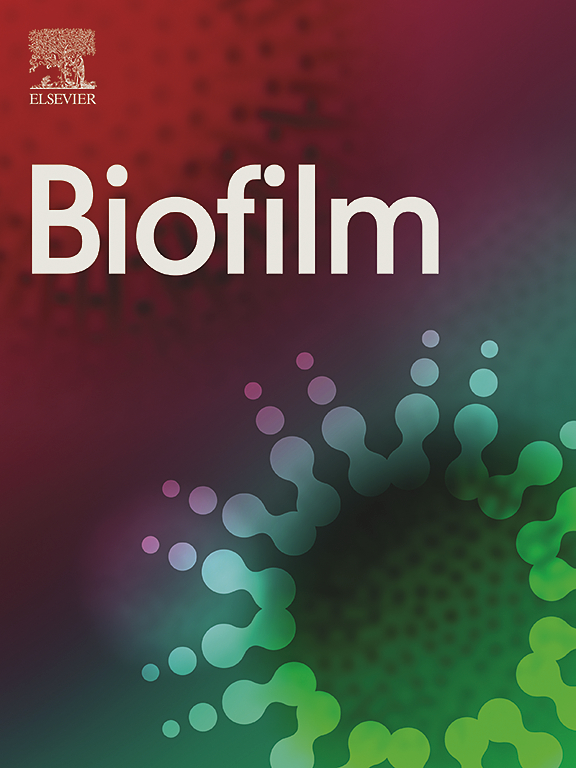Ribosome biogenesis: A central player in liver diseases
IF 9.4
2区 医学
Q1 BIOCHEMISTRY & MOLECULAR BIOLOGY
引用次数: 0
Abstract
Ribosome biogenesis is a multi-step process that initiates within the nucleolus, terminates in the cytoplasm, and determines the rate of protein synthesis. Ribosome biogenesis is essential for maintaining liver function. In eukaryotes, it involves producing and assembling approximately 200 factors and 80 ribosomal proteins. Mutations in ribosome proteins, ribosomal RNA processing, and ribosome assembly factors in the liver can result in liver disease. Hepatitis C virus causes acute or chronic infection and liver disease, which can progress to liver cirrhosis, cancer, and death. This review provides an overview of the effects of ribosomal biogenesis, including ribosomal RNA, ribosomal proteins, and ribosome biogenesis factors, on liver regeneration, hepatitis C virus, nonalcoholic fatty liver disease, liver fibrosis, cirrhosis, and liver cancer. It lists drugs that exploit ribosome biogenesis to treat liver cancer. Targeting ribosome biogenesis shows promise as a therapeutic approach. A better understanding of this process will contribute to developing effective and targeted therapeutic strategies for ribosome biogenesis disorders.
核糖体生物发生:肝脏疾病的中心角色
核糖体生物发生是一个多步骤的过程,开始于核仁,终止于细胞质,并决定蛋白质合成的速度。核糖体的生物生成对维持肝功能至关重要。在真核生物中,它涉及产生和组装大约200个因子和80个核糖体蛋白。肝脏中核糖体蛋白、核糖体RNA加工和核糖体组装因子的突变可导致肝脏疾病。丙型肝炎病毒引起急性或慢性感染和肝脏疾病,可发展为肝硬化、癌症和死亡。本文综述了核糖体生物发生的影响,包括核糖体RNA、核糖体蛋白和核糖体生物发生因子在肝脏再生、丙型肝炎病毒、非酒精性脂肪肝、肝纤维化、肝硬化和肝癌中的作用。它列出了利用核糖体生物发生来治疗肝癌的药物。靶向核糖体生物发生是一种有希望的治疗方法。更好地了解这一过程将有助于制定有效和有针对性的治疗核糖体生物发生疾病的策略。
本文章由计算机程序翻译,如有差异,请以英文原文为准。
求助全文
约1分钟内获得全文
求助全文
来源期刊

Genes & Diseases
Multiple-
CiteScore
7.30
自引率
0.00%
发文量
347
审稿时长
49 days
期刊介绍:
Genes & Diseases is an international journal for molecular and translational medicine. The journal primarily focuses on publishing investigations on the molecular bases and experimental therapeutics of human diseases. Publication formats include full length research article, review article, short communication, correspondence, perspectives, commentary, views on news, and research watch.
Aims and Scopes
Genes & Diseases publishes rigorously peer-reviewed and high quality original articles and authoritative reviews that focus on the molecular bases of human diseases. Emphasis will be placed on hypothesis-driven, mechanistic studies relevant to pathogenesis and/or experimental therapeutics of human diseases. The journal has worldwide authorship, and a broad scope in basic and translational biomedical research of molecular biology, molecular genetics, and cell biology, including but not limited to cell proliferation and apoptosis, signal transduction, stem cell biology, developmental biology, gene regulation and epigenetics, cancer biology, immunity and infection, neuroscience, disease-specific animal models, gene and cell-based therapies, and regenerative medicine.
 求助内容:
求助内容: 应助结果提醒方式:
应助结果提醒方式:


